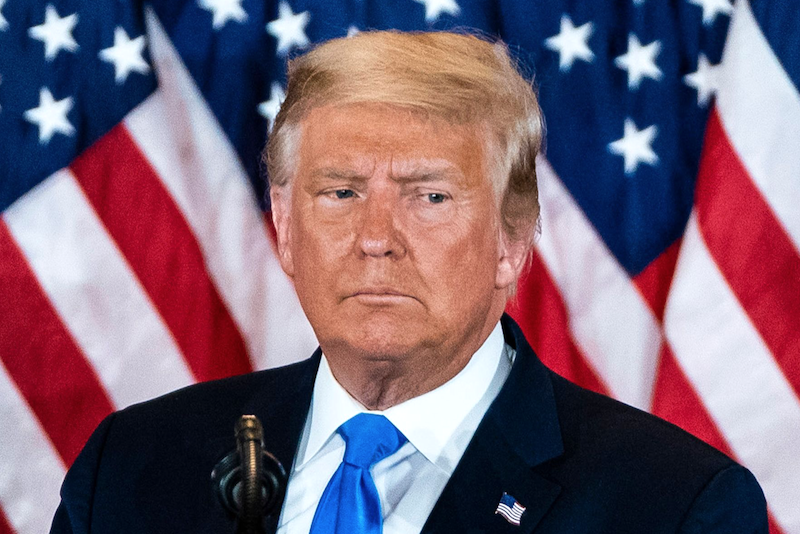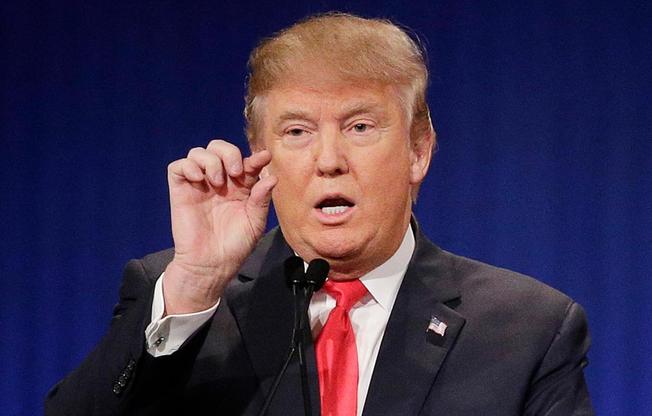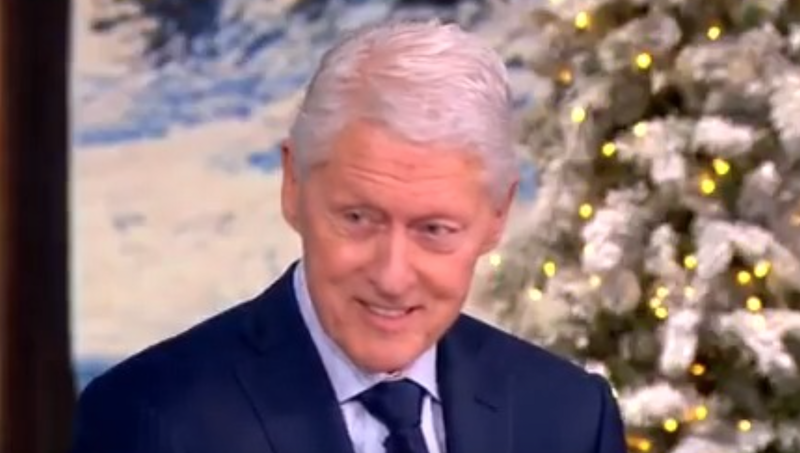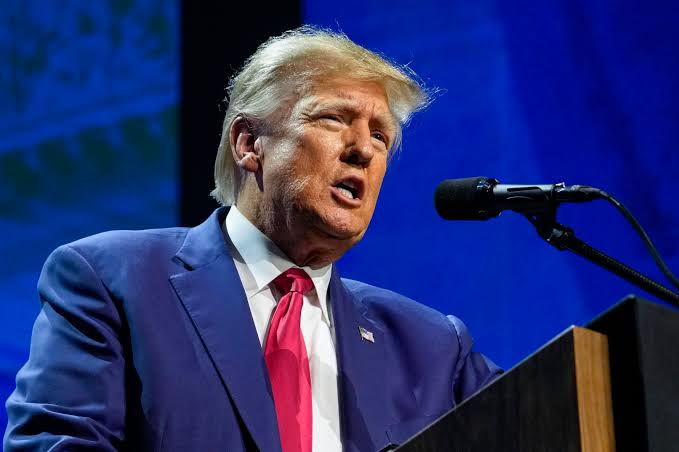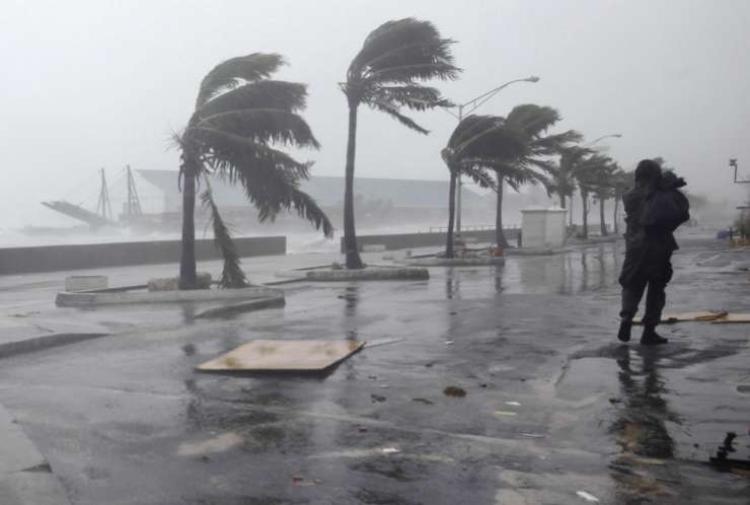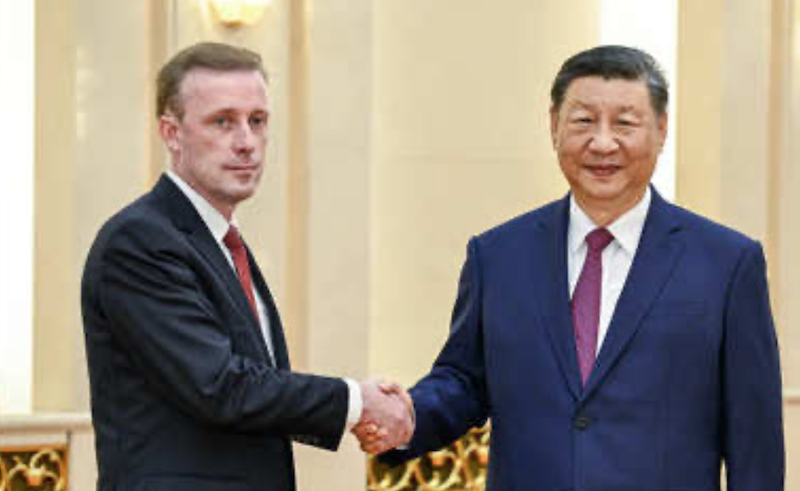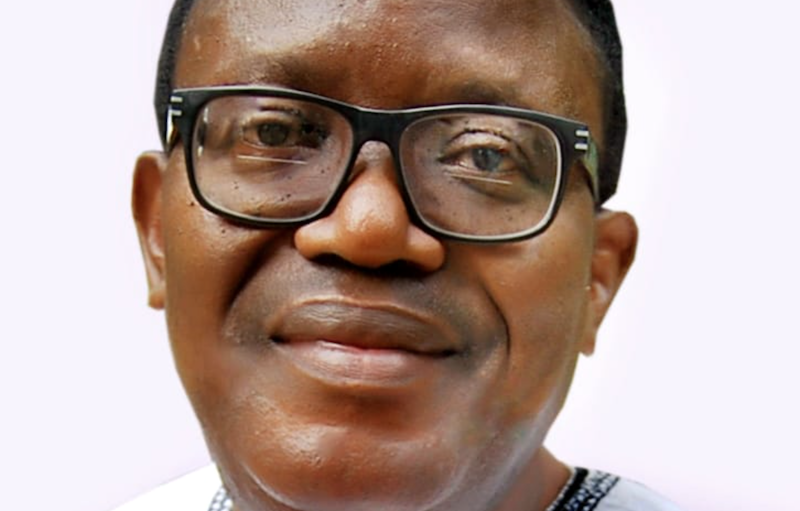THE United States Secretary of State, Antony Blinken, on Monday August 19, made another public claim that Israeli Prime Minister Benjamin Netanyahu had accepted a peace proposal to end the war in the Palestine. The US christened its latest claim a “bridging proposal”.
However, going by previous US announcements, this is maybe another false claim by the Biden administration.
As in past, the US puts the burden on Hamas to accept the so-called proposal. Again as it claimed in previous offers, this is the best offer. However this time, the US proclaims that this could potentially be the last peace offer. In other words, as far as the super power is concerned, if its latest gambit fails, there may no longer be peace proposals to end the war.
The US has appointed itself the Peacemaker-in-Chief of the Israeli-Palestinian War. Every second, it shouts from the roof tops that it is working assiduously for a ceasefire. It also parcels what it claims are peace deals. But, so far, they have turned out to be dubious packages of propaganda designed to give the impression that it is a peace maker; Israel is a peace lover and that Hamas is a bunch of unrelenting terrorists wedded to violence.
Meanwhile, the war continues with the US creating an Iron Dome to shield Israel from missiles of international condemnation and adherence to international law.
The cyclic pattern of US actions in the past ten months, follow a template. First, it increases military aid to Israel but claims strenuous efforts to make peace. Then it announces a peace deal, proclaims Israel’s alleged authorship or acceptance of the deal and, claims Hamas is obstinate. Next, it asks peace lovers to pressure Hamas acceptance; Hamas accepts, Israel denies the deal and the US repeats the cycle.
Earlier this year, a peace deal allegedly accepted by Israel was announced. It included the release of wounded, sick and elderly hostages held in Gaza and an extendable six-week ceasefire that could allow for more aid to be delivered to besieged Gaza. Hamas was alleged to be delaying the peace deal. But all Hamas asked was for a permanent ceasefire and release of all hostages. An angry Israel rejected the peace deal and, as possible punishment for the Hamas insolence, increased its bombardment of Rafah City in southern Gaza.
This cycle has been most apparent within the last three months. On Friday, May 31, 2024, US President Joe Biden surprised the world with an announcement that Israel had proposed a peace plan! He claimed it was one that would ensure a ceasefire in exchange for the release of hostages. To him, the only obstacle was Hamas accepting it. He told the Palestinian group that the alleged Israeli plan was the best way to end the conflict.
Turning to the world, he said: “It’s time for this war to end and for the day after to begin.”
Many were doubtful that Israel would package a peace plan. But it didn’t matter who gives birth to a peace plan so long as it works.
Same day, Israeli Prime Minister Benjamin Netanyahu’s office confirmed that Israel had authorised its negotiators to present the peace plan to the Palestinians.
This plan technically included the core Hamas demand for a permanent ceasefire. It had three phases. First, is a six-week ceasefire during which the Israeli military would withdraw from population centres in Gaza and, hundreds of Palestinian prisoners would be exchanged for hostages. Also, the Palestinian civil populace would be allowed to return to Gaza and 600 aid trucks would be permitted to enter Gaza daily.
In the second phase, both sides were to negotiate terms for a permanent end to hostilities. Biden had added that: “The ceasefire will still continue as long as negotiations continue.” The third phase included a major reconstruction plan for destroyed Gaza.
This peace package was in contrast with the rhetoric coming out of Israel. But if Biden, a major backer of Israel said this peace deal was not only acceptable to the latter, but that Israel had actually packaged it, why doubt him?
Biden also made a show of addressing Israelis who may not support their country’s peace proposals: “As someone who’s had a lifelong commitment to Israel, as the only American President who has ever gone to Israel at a time of war, as someone who just sent the U.S. forces to directly defend Israel when it was attacked by Iran, I ask you to take a step back, think what will happen if this moment is lost.
But many doubted the US. They thought it was another American ploy to be seen as a peace broker; make Israel, widely accused of genocide, to smell fresh like roses and portray Hamas as a warmonger.
For instance, when this peace package was presented to the United Nations Security Council for passage, the Russian Ambassador Vasily Nebenzya said it was nebulous. He added: “The Council should not agree to any agreement that has vague parameters…what specifically has Israel agreed to?” Despite its scepticism, Russia did not use its veto. So, the resolution passed by 14:0 votes.
Immediately this resolution was passed on Monday, March 25, 2024, the US moved to the next stage of the drama: present Hamas as an unreasonable and belligerent group opposed to peace. US Ambassador to the UN, Linda Thomas-Greenfield, claimed that with the passage, if Hamas were to agree to the resolution, fighting could stop immediately. She warned Hamas to beware that the world is “united behind a deal that will save lives and help Palestinian civilians in Gaza start to rebuild and heal. United behind a deal that will reunite hostages with their families after eight months in captivity.”
Hamas immediately accepted the resolution and it seemed peace had come at last. But alas, it was all a US-Israeli ruse. Israel’s rejection of this peace deal which President Biden had claimed was crafted by it, was instantaneous and venomous.
Apparently, this so-called peace deal was supposed to be a propaganda stunt. So, Israel was very angry the US had allowed it pass at the UN Security Council by merely abstaining rather than vetoing it.
Israeli Defence Minister Yoav Gallant who was in Washington when the resolution was passed, said it was scandalous. He added: “We have no moral right to stop the war in Gaza until we return all the hostages to their homes.”
Five months after the US claimed that once the UN passed the peace resolution and Hamas accepts, hostilities would come to an end, no such thing has happened. Rather, the US this week announced another of its dubious peace plans which like previous ones, is unlikely to lead to peace.
